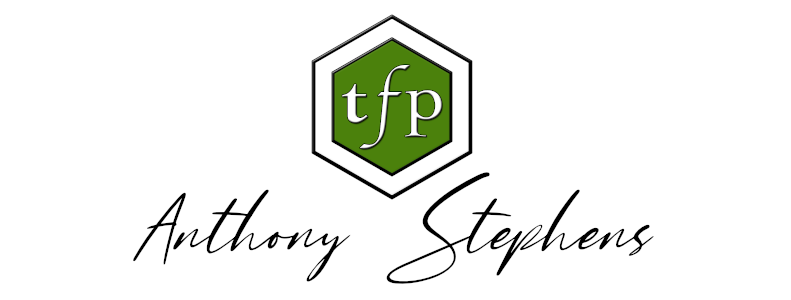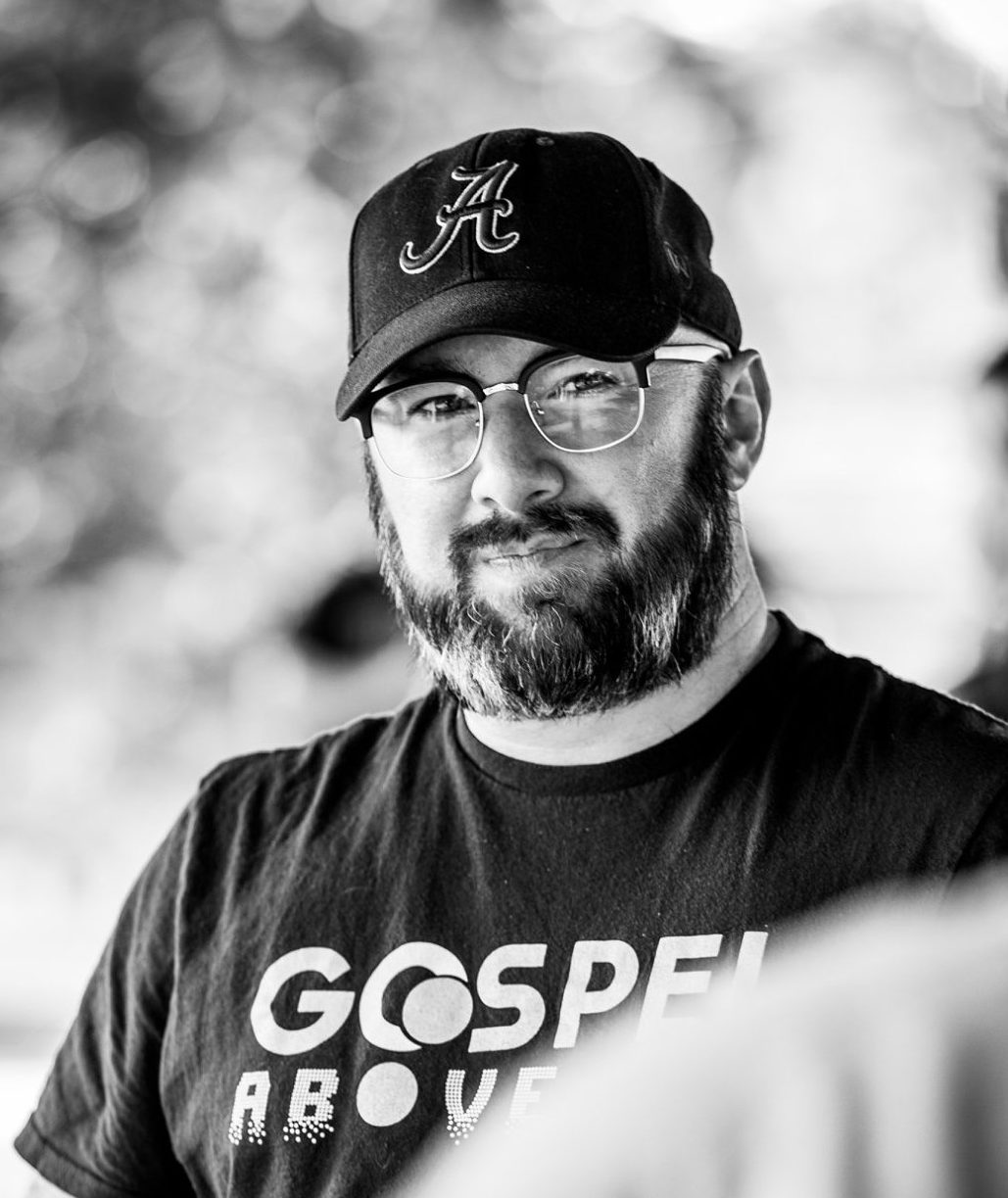In 1962, the television show Candid Camera decided to conduct an experiment on the general public. They went to a public place that had an elevator and had some secretly placed people in the elevator all facing towards the back. What they found was that many of the people who would get on the elevator would follow the crowd and face the back of the elevator even though the normal thing to do is to face the doors.
The power of the crowd can be extremely strong. As this experiment showed, years of learned physical behavior can be overridden in an instant by inserting a “crowd” that does the direct opposite. This can be very dangerous because the crowd isn’t always right. How many of you had a parent say to you after making a bad decision simply because someone else was doing it, “If everyone was jumping off of a bridge, would you?” How many of you have said that to your own children?
We know in our heads that the crowd isn’t always right, but we still find ourselves many times following the crowd. As we look to God’s word today, we find a time when there was a crowd, and it was definitely going in the wrong direction. What is interesting to me is that most of the times that you find a crowd in the Bible, they are usually not going in the right direction.
We come to the covenant that God will make with a man named Noah. You don’t have to be a Bible scholar to know a little about Noah. Most people associate Noah with this big boat called an Ark, a worldwide flood, and a bunch of animals. While those all play a part in this story, there is much more to it.
God’s Warning
Now the earth was corrupt in God’s sight, and the earth was filled with wickedness. God saw how corrupt the earth was, for every creature had corrupted its way on the earth. Then God said to Noah, “I have decided to put an end to every creature, for the earth is filled with wickedness because of them; therefore I am going to destroy them along with the earth.
Genesis 6:11–13 CSB
As God looked out over His creation, what He saw brought great sadness to His heart. The prized creation – man – who bore His image and was intended to reflect God’s greatness in creation had become corrupt. The word in verse 11 that is translated as ‘corrupt’ literally means ‘to bring to ruin or destroy.’
The effects of Adam and Eve’s decision to disobey God in the Garden of Eden were spiraling in a dreaded direction. It wasn’t just pockets of it around the world, it was encompassing the whole planet. All that God was seeing was corruption and injustice among the people He had created.
God decides that something has to be done. Being a righteous and holy God, He has to punish all sin. God chooses to do so in a manner that will show the severity of sin – He will bring a flood to the entire world. Every inch that had been touched by this sin would be covered by the waters of judgment.
Some have looked at this as cruel. Why would a loving God punish people in this manner? That is the wrong question. The more appropriate question would be why hadn’t God done it sooner? As we said last week, God doesn’t want any to perish, but all to come repentance. So, He gives an opportunity for that to happen (2 Peter 3:8-9). Even with the coming judgment here, we see God making a provision.
God’s Provision
In Genesis 6:14-21, God instructs Noah to build the Ark. This is a large boat that would serve as a safe-haven for Noah, his family, and all that God would bring to him. This boat was 450 feet long, 75 feet wide, and 45 feet tall we are told in verse 15. It would have three levels that housed everything for the duration of the judgment that was coming.
What we see in the Ark is a foreshadowing of the work of Jesus Christ. This vessel was to be the only means of escaping the coming judgment. Any who would hear the invitation to come and be found in this Ark would be saved from the judgment that God was bringing on sin.
This wasn’t something that a person could say, “Sure, I believe that…” or “I’ll get around to that one day…” This shows us what saving faith looks like. It is the act of placing all of one’s life in the hands of God’s provision and plan and trusting Him completely. When you look at your life, is that the kind of faith that you see?
There was nothing that bound God to send this provision – either in Noah’s time or with Jesus on the cross. There was no obligation that He had to fulfill. We were the ones that turned away from Him to sin. In spite of our rebellion, God chooses to demonstrate gracious love towards us and make a provision.
The provision of God is seldom seen as easy or popular. Many in Noah’s day mocked him for building this Ark. They didn’t see how this fit into their plans. The crowds ran the other way. With Jesus, the crowds many times didn’t see Him as the Messiah because He wasn’t what they were expecting or wanting.
God isn’t worried about winning a popularity contest though. He, by His gracious love, makes a way for any person willing to accept it to escape His righteous judgment.
As Noah hears from God about His plan, Noah makes the appropriate response: obedience (Genesis 6:22). This obedience led to Noah’s salvation from the Flood.
God’s Command
The Flood comes and stays on the earth for about a year. Everything outside of the Ark was completely destroyed. As the waters began to recede, the Ark comes to rest on the mountains of Ararat.
In Genesis 8, we see God sending out those who were saved in the Ark.
God’s intention was that those who had been saved from the judgment would go out now, be fruitful, and multiply. It was not to be just about them, but God wanted this to grow.
We hear the same command come from the lips of Jesus to the church in the Great Commission:
Jesus came near and said to them, “All authority has been given to me in heaven and on earth. Go, therefore, and make disciples of all nations, baptizing them in the name of the Father and of the Son and of the Holy Spirit, teaching them to observe everything I have commanded you. And remember, I am with you always, to the end of the age.”
Matthew 28:18–20 CSB
Do we understand the urgency of this command? There is no way that multiplication of disciples can happen if those who have received God’s grace never go out and share.
We see Noah responding to the salvation that he and his family had experienced by giving God worship.
Then Noah built an altar to the Lord. He took some of every kind of clean animal and every kind of clean bird and offered burnt offerings on the altar.
Genesis 8:20 CSB
If you have trusted in Jesus Christ alone for your salvation, how are your responding to that gracious gift? I believe that Paul shows us the best response in Romans 12:1
Therefore, brothers and sisters, in view of the mercies of God, I urge you to present your bodies as a living sacrifice, holy and pleasing to God; this is your true worship.
Romans 12:1 CSB
This is talking about us offer our lives to God as a thanksgiving offering for the grace He has shown to us through Jesus. Paul calls this our ‘true worship.’
God establishes the covenant
In Genesis 9, we see God setting a new covenant with creation.
God states that He will never destroy the world by floodwaters. This isn’t to say that God will simply pass on sin. Sin will always be judged by the righteous God of the Bible. This is a covenant that destruction won’t take place in this fashion again. God sets the rainbow to be a sign between Himself and creation that this will never happen again. A rainbow is formed when sunlight shines through raindrops. This is a good reminder that though the storms may come, we are not left alone. The sign of the rainbow is the reminder that the Light of the world (Jesus) hasn’t gone away. He is present and even shining through the midst of our darkest storms.
Conclusion
One interesting fact about this covenant is that it called for no human response. There was nothing that mankind had to do in this covenant. God did it all! Though there was nothing required of us in this covenant, I believe that what we see in Noah’s life – his responses – serve as a good example for us to follow. As recipients of the blessing from this covenant, we should give to God all of our praise and obedience. I believe that we can see that He is more than worthy.




Leave a Comment